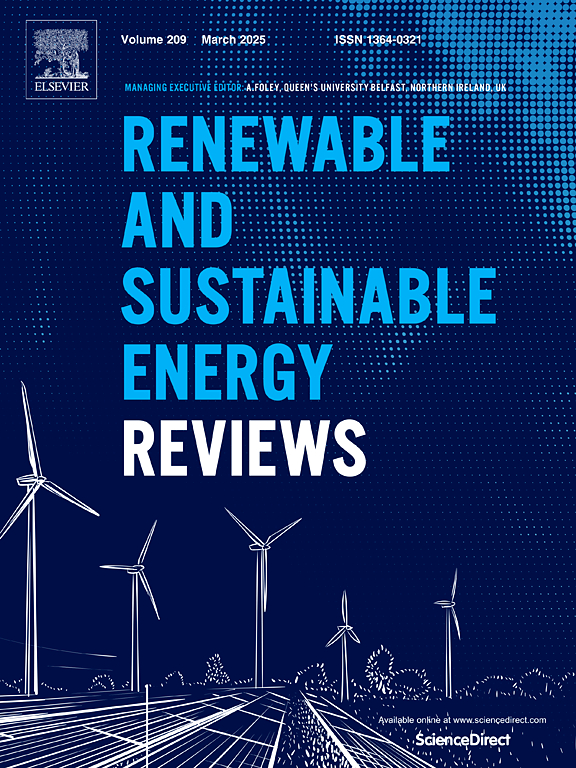Food, energy and water insecurity are concomitant challenges facing many communities in East Africa. Agrivoltaic systems – agriculture integrated with photovoltaic panels – address all three challenges, providing low carbon electricity, food production and water conservation on the same land area. Agrivoltaics have proven benefits for the food-energy-water nexus in the USA, Europe and Asia, but research is lacking in sub-Saharan Africa, where energy access remains low, and climate change and water scarcity threaten food systems. This study presents evidence for concomitant electricity generation, food production and water conservation from agrivoltaic systems in Tanzania and Kenya, demonstrating the viability of these systems for both grid-tied agribusinesses and rural, off-grid communities. Performance of some crops improved under agrivoltaics, generating higher incomes for farmers and agribusinesses while reducing energy bills and/or enhancing energy supply. Crop survivability during a warm period was greater under the agrivoltaic system, indicating potential for climate change resilience. Panel shading reduced irrigation demand, thus some crops achieved greater yields while needing less water input. Rainwater harvesting from panel runoff further reduced irrigation needs. Combining energy infrastructure with agriculture enhanced land productivity for all crops at both sites. Agrivoltaics, whether grid-tied or off-grid, could address multiple Sustainable Development Goals in East Africa simultaneously by contributing to energy security, climate change-resilient food production, and water conservation in the region.
DOI:
https://doi.org/10.1016/j.rser.2024.115066
Dimensões Contagem de citações:


















